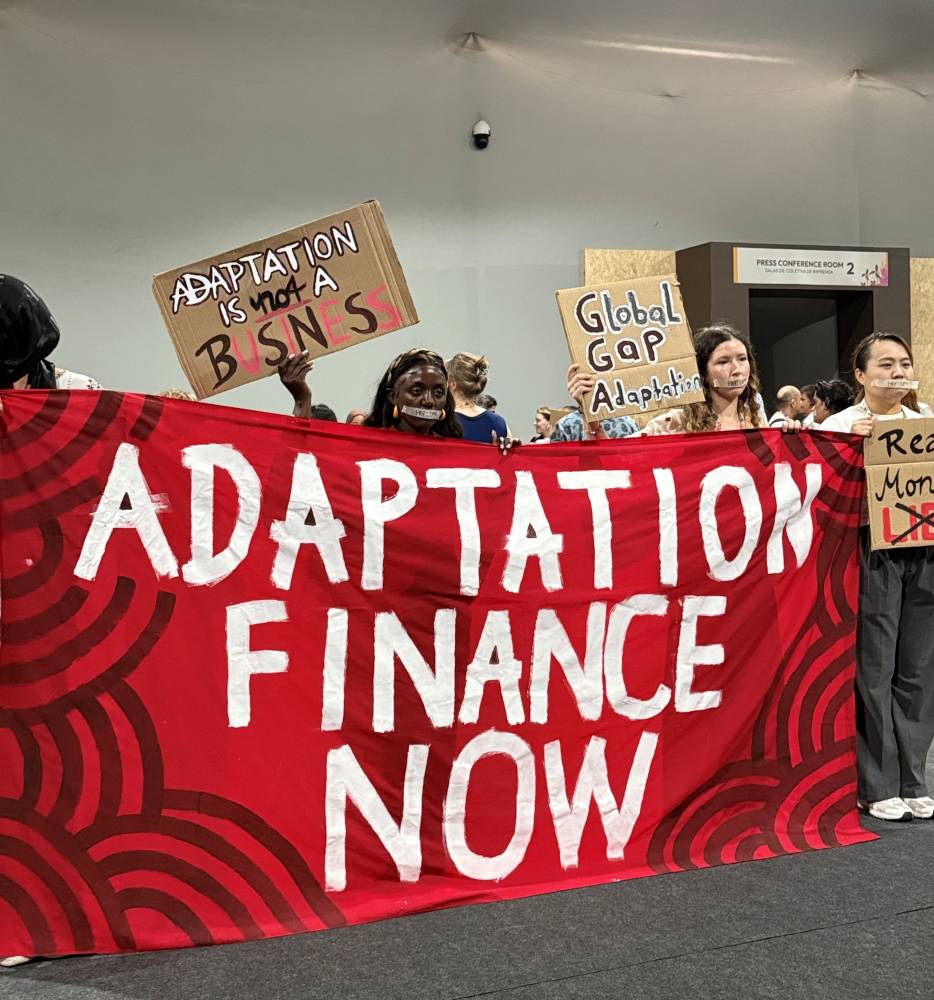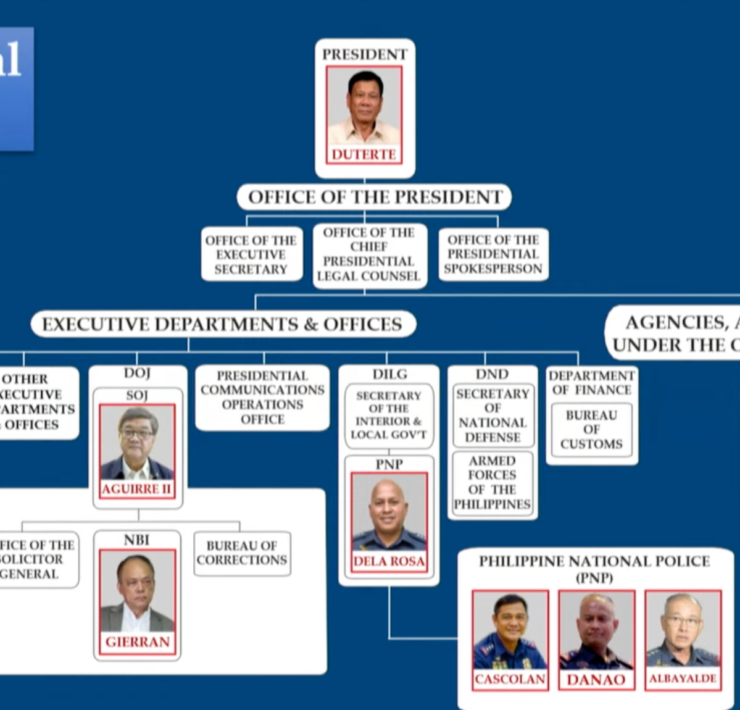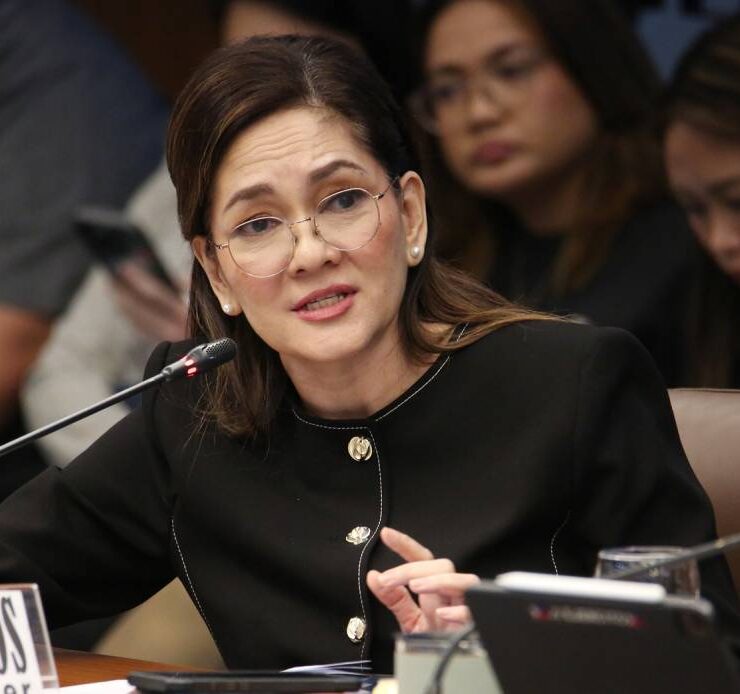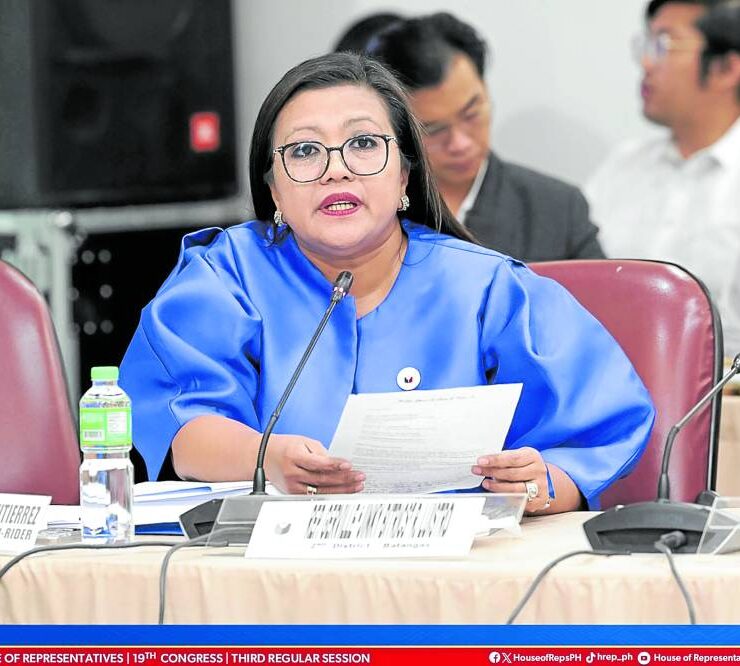COP30 talks heat up before summit’s final week

BELEM, Brazil—Midway through the second week of the global climate talks with high-stake negotiations, several thousand people from around the world marched into the streets of the Amazonian host city on Saturday, urging world leaders to adopt far tougher measures against climate change.
Led by Indigenous groups and climate activists, the protesters staged a symbolic “funeral” for fossil fuels, hoisting mock coffins marked “coal,” “oil” and “gas.” They also hoisted a giant Earth-shaped ball and a Brazilian flag marked with the message “Protect the Amazon.” Many wore black and red shirts, traditional face paint, and feathered headdresses as they chanted and danced through the streets of Belem.
Finance shortfalls
“Many nations are already facing severe climate impacts which should be a reminder to the world leaders that we must open our eyes to the realities vulnerable communities endure,” said Naderev “Yeb” Saño, chair of the Laudato Si Movement.
“The 30th Conference of Parties (COP30) on climate change held at the gateway to the Amazon cannot succeed without safeguarding the world’s rainforest because even with an energy transition, losing the Amazon means losing the fight against climate change. Governments must deliver real financing and real commitments here in Belem,” he said.
Saño, a former Philippine negotiator in the climate talks, said progress on adaptation and financing is still stagnating when it should be accelerating to match rising risks, as back-to-back strong typhoons batter the country.
“As extreme weather grows more frequent and science more clearly links these events to a warming planet, we are expecting robust and urgent action. The summit must serve as a moral reckoning to push for the most ambitious outcome possible. Climate pledges, for instance, are lagging far behind what the crisis demands,” Saño told the Inquirer.
Climate finance shortfalls took center stage in the initial week of the negotiations of 196 countries, dominating COP30 and setting the stage for tense debate this week. Under the 2015 Paris Agreement on climate change, rich countries are obliged to finance climate mitigation and adaptation efforts in developing countries.
Governments are expected to mobilize $1.3 trillion in climate finance through 2035, with developed nations pledging to mobilize at least $300 billion annually to support mitigation and adaptation.
COP30 also focused on a separate fund for responding to loss and damage that has garnered pledges of $789 million as of today. An initial available fund of $250 million was launched at the summit for countries to access.
Decisive action
Cardinal Pablo Virgilio David, vice president of the Federation of Asian Bishops’ Conference, said the world’s escalating ecological crisis can be resolved only through genuine ecological conversion.
“I am not here to point fingers, and I believe we have a role to play as moral leaders. I am not proud either that we in the Philippines are a predominantly Christian nation and yet a very corrupt society. We have also failed,” he told the Inquirer.
David appealed to the Philippine government, saying he expects a far more decisive action as the country remains heavily dependent on coal and fossil fuels for power generation.
“It’s absurd. We’re relying on the dirtiest sources of energy. I do expect more from the government,” he added. “It’s about time we get our act together and begin showing genuine care for the future of our country and our planet.”
Youth voice
David also pointed to the different government agencies as destructive industries continue to take root in the country alongside corruption.
“Please give us some hope. It’s never too late to respond to the call of conversion,” he said.
As COP30 climate negotiations continue, young people from every nation are demanding a rights-based, equitable and climate-just future.
“Filipino youth will live with the consequences of decisions made at COP30, yet we hold the least influence in global negotiations. The climate talks offer a chance to challenge that imbalance and to secure a voice in decisions that will determine whether our generation can survive and thrive in a warming world,” said Jeffereson Estela, East and Southeast Asia Coordinator of the Loss and Damage Youth Coalition.
“So I hope to see a clear, collective acknowledgment that climate finance, particularly loss and damage, cannot remain stagnant. The recent climate disaster in the Philippines underscore how current funding falls far short of what communities truly need.”
The final week of COP30 will focus heavily on intensive negotiations involving the country ministers and head of the country delegations to finalize agreements on sticking points on climate finance, adaptation measures, the transition away from fossil fuels and strengthening of the national climate plans.
“Climate finance is the lifeblood of climate action. It is what turns plans into progress, and ambition into implementation,” said UN Climate Change Executive Secretary Simon Stiell.





















